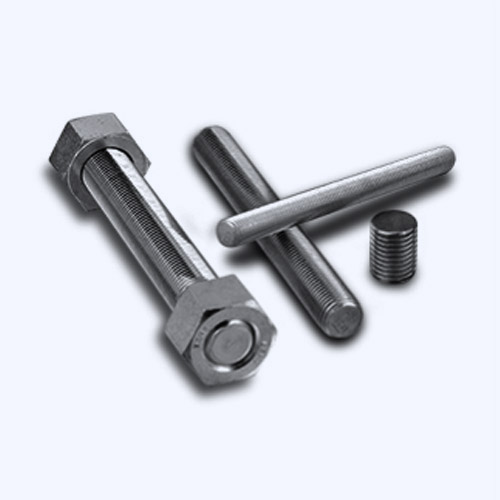bolts for deck manufacturers
Nov . 13, 2024 16:50 Back to list
bolts for deck manufacturers
Understanding Bolts for Deck Manufacturers A Comprehensive Guide
When it comes to deck construction, the importance of high-quality bolts cannot be overstated. These small yet critical components serve as the backbone of any deck structure, ensuring stability, safety, and durability. For deck manufacturers, selecting the right bolts is essential to create a product that meets both aesthetic and functional demands.
Types of Bolts Used in Deck Construction
There are several types of bolts commonly used in deck manufacturing, each designed to fulfill specific requirements. Some of the popular options include
1. Lag Bolts These heavy-duty bolts are ideal for fastening wood to wood. Their coarse threads provide excellent grip, making them perfect for attaching deck boards and securing posts.
2. Carriage Bolts With a rounded head and square neck, carriage bolts are typically used in wood applications. The design prevents the bolt from turning as you tighten the nut, making them suitable for mounting brackets and other fixtures.
3. Hex Bolts A versatile choice, hex bolts can be used in a variety of applications. Their strong construction makes them suitable for heavy-duty support structures within the deck.
4. Deck Screws While technically not bolts, deck screws play a crucial role in decking. They are designed to resist corrosion and provide a secure fasten for the deck boards to framing.
Material Considerations
The material from which the bolts are made significantly impacts the durability and longevity of a deck. Common materials include
bolts for deck manufacturers

- Steel Galvanized or stainless steel offers robust strength and can withstand the outdoor elements. Stainless steel is especially favored for its resistance to rust and corrosion.
- Aluminum Lightweight and resistant to corrosion, aluminum bolts are ideal for coastal areas where they are exposed to saltwater.
- Plastic Though less common, high-quality plastic bolts can be used for lightweight applications, especially when moisture resistance is needed.
Corrosion Resistance
In outdoor environments, bolts are exposed to moisture, UV rays, and varying temperatures, which can lead to corrosion over time. Deck manufacturers should prioritize bolts with high corrosion resistance to ensure the structural integrity of their decks. Coatings such as hot-dip galvanization, epoxy coatings, or the use of high-grade stainless steel can significantly enhance the durability of bolts.
Standardization and Certification
It's crucial for manufacturers to adhere to industry standards and certifications when selecting bolts. Compliance with standards set by organizations such as ASTM (American Society for Testing and Materials) ensures that the bolts meet safety and quality benchmarks. This helps in building decks that not only look good but also stand the test of time.
Conclusion
In conclusion, bolts are far more than just small fasteners in the deck manufacturing process. They play a crucial role in ensuring the safety, durability, and aesthetics of the finished product. By understanding the different types of bolts, material considerations, and the importance of corrosion resistance, deck manufacturers can make informed decisions that lead to superior outcomes. Investing in high-quality bolts is not just a matter of compliance; it is a commitment to excellence in deck construction.
Latest news
-
High-Quality Panel Stud Bolt Reliable Panel Stud Bolt Factory & Suppliers
NewsJul.08,2025
-
High-Precision Fine Thread Locknuts Manufacturer & Supplier Custom Solutions
NewsJul.08,2025
-
PH Imperial Stud Bolt – High Strength Fasteners from Leading Supplier & Factory
NewsJul.07,2025
-
High-Quality Allen Wrench Bolts Leading Factory, Company & Suppliers
NewsJul.07,2025
-
Wholesale Ball Stud Bolt - High Quality Supplier & Factory Price Reliable Wholesale Ball Stud Bolt Company
NewsJul.06,2025
-
High-Strength Alloy Bolts Manufacturer & Supplier Quality Alloy Fasteners Factory
NewsJul.06,2025
